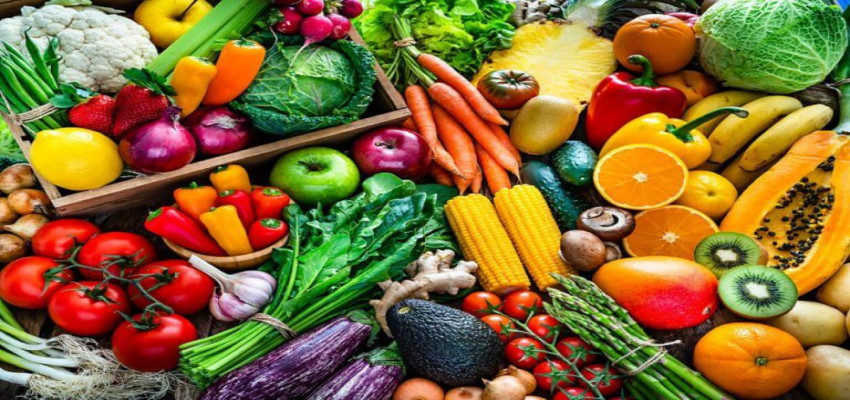
The total horticulture production is estimated to be 351.92 Million Tonne, surpassing the total foodgrain production of 329.69 Million Tonne during the year, according to the 2nd Advance Estimates released by the Ministry of Agriculture and Farmers Welfare.
India is the second largest producer of vegetables and fruits in the world. The country ranks first in the production of number of crops like banana, lime & lemon, papaya, okra.
The horticulture production in the country has been steadily increasing over the years due to the proactive policies and initiatives of the Government of India and the State Governments and the improved crop production technologies and management practices.
For the holistic development of horticulture, for increasing area, production and creation of post-harvest infrastructure, the Government is implementing Mission for Integrated Development of Horticulture (MIDH).
MIDH is a centrally sponsored scheme in the States/UTs since 2014-15.
Under MIDH, support for production of quality planting material, area expansion of fruits, vegetables, spices and plantation crops, protected cultivation and creation of post-harvest management infrastructures, training and capacity building etc., of farmers are provided.
The project proposals of State Governments for horticulture development are also supported under Rashtriya Krishi Vikas Yojana (RKVY).
The foodgrain production in the country has recorded a consistent growth during the past years. The total foodgrain production has increased to 329.69 Million Tonne from 252.03 Million Tone in 2014-15. The compound Annual Growth Rate (CAGR) of foodgrain production over the period was 3.41%.
The Government of India is implementing National Food Security Mission (NFSM) in the country for increasing production of rice, wheat, coarse cereals, nutri cereals (Shree Anna) and pulses.
Under NFSM, assistance is given through State/UT to the farmers for interventions like cluster demonstrations on improved package of practices, demonstrations on cropping system, seed production, and distribution of high yielding varieties (HYVs)/hybrids, improved farm machineries/resource conservation machineries/ tools, efficient water application tools, plant protection measures, nutrient management/ soil ameliorants, processing and post-harvest equipment, cropping system based trainings, etc.
The Mission also provided support to Indian Council of Agriculture Research (ICAR) and State Agricultural Universities (SAUs), Krishi Vigyan Kendras (KVKs) for technology back stopping and transfer of technologies to the farmers under supervision of Subject Specialists/ Scientists.

